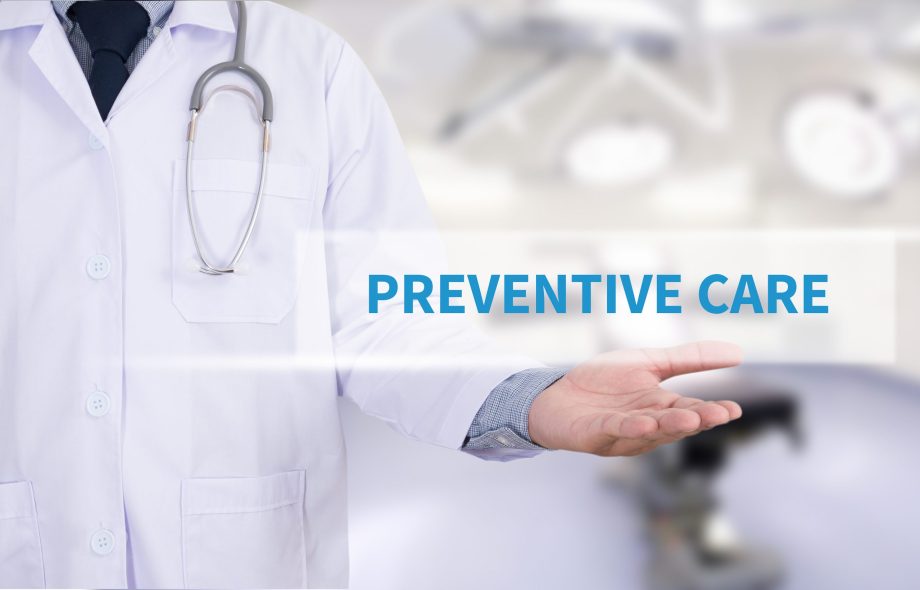In today’s fast-paced world, many people neglect their health until symptoms of an illness appear. However, preventive care is the key to maintaining long-term well-being and avoiding severe health complications. Regular health screenings help detect diseases early, when they are most treatable, and significantly improve survival rates. This article explores the importance of preventive care, the types of health screenings recommended for different age groups, and how making proactive health choices can lead to a longer, healthier life.
What Is Preventive Care?
Preventive care refers to healthcare services designed to prevent illnesses, detect potential health risks, and promote overall wellness. This includes regular medical check-ups, vaccinations, screenings, and lifestyle counseling. Unlike reactive healthcare, which treats conditions after they develop, preventive care focuses on early intervention to reduce the risk of severe diseases such as cancer, heart disease, diabetes, and hypertension.
Why Preventive Care Matters
Many serious diseases develop slowly and may not show symptoms in the early stages. By the time symptoms appear, treatment options may be limited or less effective. Regular screenings can:
Detect diseases early – Early-stage diseases are more manageable and often have higher survival rates.
Reduce healthcare costs – Preventing a disease or catching it early is often more cost-effective than treating an advanced illness.
Improve quality of life – Managing health proactively helps individuals stay active and avoid complications.
Increase lifespan – Preventive care significantly contributes to longevity by reducing the risk of life-threatening conditions.
Essential Health Screenings for Different Age Groups
To maximize the benefits of preventive care, individuals should undergo appropriate screenings based on age, gender, and medical history. Here are some essential screenings categorized by age group:
Children and Adolescents (0-18 Years)
Newborn screenings – Tests for genetic and metabolic disorders.
Vision and hearing tests – Detects early impairments that can impact learning and development.
Immunizations – Essential vaccines, including MMR, polio, and HPV.
Annual physical exams – Checks growth, development, and overall health.
Young Adults (19-39 Years)
Blood pressure screening – High blood pressure is a silent killer and should be monitored regularly.
Cholesterol checks – Early detection of high cholesterol can help prevent heart disease.
Diabetes screening – Recommended for those with a family history or risk factors like obesity.
Cervical cancer screening (Pap smear) – Women should begin regular Pap smears at age 21.
Sexually transmitted infection (STI) tests – Especially important for sexually active individuals.
Middle-Aged Adults (40-64 Years)
Mammograms – Essential for detecting breast cancer in women aged 40 and above.
Colorectal cancer screening – Colonoscopies are recommended starting at age 45.
Prostate cancer screening – PSA tests help detect prostate cancer early in men over 50.
Bone density test – Women should start osteoporosis screenings at age 50.
Heart disease risk assessment – Includes cholesterol, blood pressure, and lifestyle evaluations.
Seniors (65+ Years)
Annual wellness exams – Helps manage chronic conditions and age-related concerns.
Vision and hearing tests – Detects common age-related impairments.
Cognitive screening – Helps assess memory and cognitive function.
Flu and pneumonia vaccines – Reduces the risk of serious infections in older adults.
How to Incorporate Preventive Care Into Your Life
Preventive care isn’t just about scheduling screenings—it involves making lifestyle choices that support long-term health. Here’s how you can integrate preventive care into your daily routine:
1. Schedule Regular Check-Ups
Even if you feel healthy, annual check-ups can help detect hidden health issues before they become severe.
2. Maintain a Balanced Diet
A diet rich in fruits, vegetables, lean proteins, and whole grains can lower the risk of chronic diseases like diabetes and heart disease.
3. Exercise Regularly
Engage in at least 150 minutes of moderate physical activity per week to maintain cardiovascular health and overall well-being.
4. Manage Stress
Chronic stress can negatively impact your immune system and increase the risk of various illnesses. Practice stress management techniques like meditation, deep breathing, and yoga.
5. Avoid Harmful Habits
Smoking, excessive alcohol consumption, and drug use can significantly increase the risk of life-threatening diseases. Seek support if you need help quitting.
6. Stay Up to Date on Vaccinations
Vaccines are a crucial part of preventive care, protecting against infections like influenza, pneumonia, and HPV.
The Role of Employers and Healthcare Providers in Preventive Care
Workplaces and healthcare providers play a crucial role in promoting preventive care. Employers can offer wellness programs, provide insurance benefits that cover screenings, and encourage a culture of health awareness. Meanwhile, healthcare providers should educate patients about the importance of regular check-ups and tailor screenings based on individual risk factors.
Conclusion
Preventive care is a powerful tool in the fight against chronic diseases and life-threatening conditions. Regular health screenings, combined with healthy lifestyle choices, can save lives by detecting potential health risks early and preventing diseases before they become severe. Prioritizing preventive care not only improves overall health and well-being but also reduces medical costs and enhances quality of life. Take charge of your health today by scheduling your next check-up and committing to a proactive approach to wellness.












